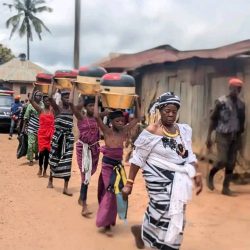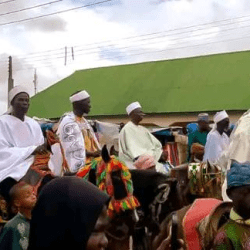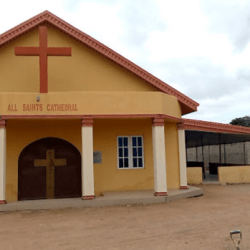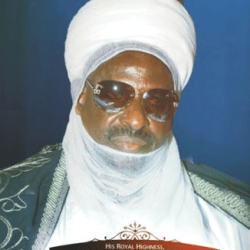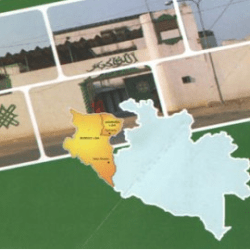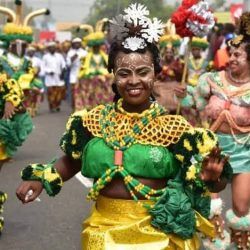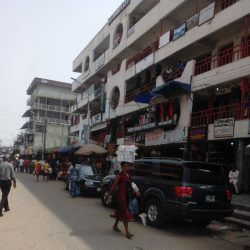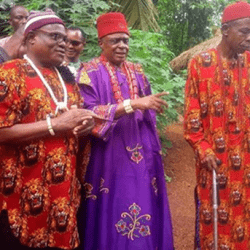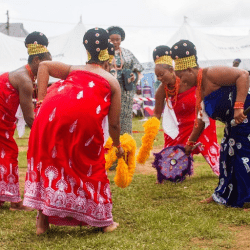The Baatombu, also referred to as Barutombu, are an ethnic group primarily found in the Borgu region, which spans parts of both Benin and Nigeria. The term “Baatombu” is derived from their self-designation, with the singular form being “Baatonu,” which means “person” in their language, Baatonum. They are also known by several other names, including Bariba, Baruba, Barba, or Berba, while the Hausa people call them Bargawa, with the singular being Babarige, after the Bargu region and the language Barganchi.
The Baatombu’s rich cultural heritage, historical significance in regional politics, and unique social structures contribute to their identity as a distinct group in West Africa. Their relationship with neighboring ethnic groups and their evolving demographic trends highlight the complexities of their society.
Social and Political Structure
The Baatombu are traditionally recognized alongside the Boko (or Busa) people as the traditional rulers and landowners in Borgu. Their social structure includes a hierarchy where the wassangari (landowners) held power over the vassals, who were primarily the common people, including both Boko and Baatombu. Intermarriage among the wassangari led to the formation of the royal clans of both the Boko and Baatonu. The king of Nikki was a significant figure, presiding over all Bariba and Boko people, with local chiefs established in Parakou, Kandi, Sinende, Tchaourou, and Bembereke.
Geography and Demographics
In Nigeria, the major centers of the Baatombu population today are located in Okuta and Ilesha, although historically significant towns like Yashikera and Kenu had direct ties to Nikki. The Baatombu share cultural traits with the Boko and Mokole, including similar facial markings. However, they are socially positioned above the Fulbe and Gando populations, with minimal intermarriage occurring between these groups.
The central quarter of Parakou serves as a cultural hub, with historical ties to the Baatombu. While the current population predominantly speaks Dendi, many were originally Baatonu speakers. The Akpaki dynasty, a significant royal line in Parakou, was founded by a Tchabe, indicating historical connections between the two groups.
Religion and Literacy
In terms of religion, the Baatombu exhibit a diverse spiritual landscape:
- Muslim: 70%
- Traditional Religion: 26%
- Christian: 4%
The New Testament in their language was published in 1977, and efforts to publish the complete Bible are underway.
Literacy rates in the Borgu region are relatively low, recorded at 18.2% as of recent statistics, although this represents an increase from 13.7% in 1979.

